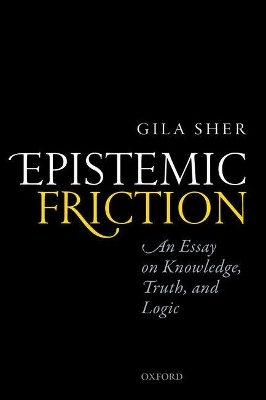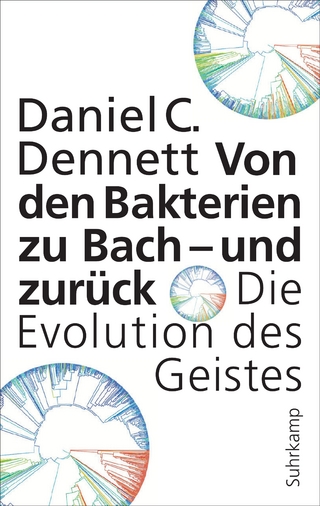
Epistemic Friction
Oxford University Press (Verlag)
978-0-19-880156-6 (ISBN)
Gila Sher approaches knowledge from the perspective of the basic human epistemic situation--the situation of limited yet resourceful beings, living in a complex world and aspiring to know it in its full complexity. What principles should guide them? Two fundamental principles of knowledge are epistemic friction and freedom. Knowledge must be substantially constrained by the world (friction), but without active participation of the knower in accessing the world (freedom) theoretical knowledge is impossible. This requires a grounding of all knowledge, empirical and abstract, in both mind and world, but the fall of traditional foundationalism has led many to doubt the viability of this 'classical' project. The book challenges this skepticism, charting a new foundational methodology, foundational holism, that differs from others in being holistic, world-oriented, and universal (i.e., applicable to all fields of knowledge). Using this methodology, Epistemic Friction develops an integrated theory of knowledge, truth, and logic. This includes (i) a dynamic model of knowledge, incorporating some of Quine's revolutionary ideas while rejecting his narrow empiricism, (ii) a substantivist, non-traditional correspondence theory of truth, and (iii) an outline of a joint grounding of logic in mind and world. The model of knowledge subjects all disciplines to robust norms of both veridicality and conceptualization. The correspondence theory is at once robust, universal, and flexible, allowing multiple patterns of correspondence, including complex and indirect patterns. Logic's systematic grounding brings it in line with other disciplines without neglecting its strong necessity, generality, and normativity, which are explained by its semantic formality.
Gila Sher received her B.A. from the Hebrew University of Jerusalem and her PhD from Columbia University (1989). She is a philosophy professor at the University of California San Diego. Her research centers on foundational issues in epistemology, the theory of truth, and the philosophy of logic. Her book, The Bounds of Logic (MIT, 1991) investigates the nature of logic through the nature of logical constants. She advocates a substantivist approach to philosophy and is interested in new perspectives on classical philosophical problems. She has published papers in leading academic journals, and is currently working on books on truth and epistemic freedom.
PART I. EPISTEMIC FRICTION; PART II. A DYNAMIC MODEL OF KNOWLEDGE; PART III: THE STRUCTURE OF TRUTH; PART IV: AN OUTLINE OF A FOUNDATION FOR LOGIC
| Erscheinungsdatum | 04.10.2017 |
|---|---|
| Verlagsort | Oxford |
| Sprache | englisch |
| Maße | 155 x 232 mm |
| Gewicht | 584 g |
| Themenwelt | Geisteswissenschaften ► Philosophie ► Erkenntnistheorie / Wissenschaftstheorie |
| Geisteswissenschaften ► Philosophie ► Logik | |
| Geisteswissenschaften ► Philosophie ► Metaphysik / Ontologie | |
| ISBN-10 | 0-19-880156-4 / 0198801564 |
| ISBN-13 | 978-0-19-880156-6 / 9780198801566 |
| Zustand | Neuware |
| Informationen gemäß Produktsicherheitsverordnung (GPSR) | |
| Haben Sie eine Frage zum Produkt? |
aus dem Bereich

![Was heißt Denken?. Vorlesung Wintersemester 1951/52. [Was bedeutet das alles?] - Martin Heidegger](/media/113619842)
